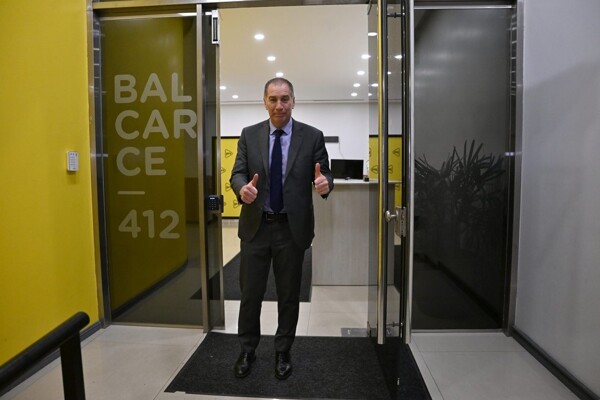
At the closing of activities of the Roche Press Day, various relevant topics in the field of health were presented. The first, titled "An approach to providing women-centered cancer care," was presented by Betty Pío de Kearney. In her intervention, she highlighted the importance of women empowering themselves to make informed decisions and express their health needs, as well as adopting prevention and early detection of cancer. She also emphasized the need for public health systems to provide integrated, accessible, and affordable care.
Next, the panel "Woman-centered care: Perspectives across multiple diseases" took place, moderated by Dr. María Clara Horsburgh from Roche. In this panel, prominent specialists such as Carolina Sardi Correa, Melissa Juárez, and Dr. Flavia Nelson discussed various pathologies that affect women differently. They stressed the importance of designing comprehensive health services that consider secondary diseases and provide optimal treatments.
One of the highlighted topics was "Digital Health: Transforming data into action," presented by Daniel Luna from the Italian Hospital of Buenos Aires. Luna shared his experience of over 25 years leading digital transformation in health, emphasizing the need to digitalize health systems to improve data accuracy and healthcare delivery. He highlighted the importance of Artificial Intelligence, such as ChatGPT, to enhance digitalization in health and focus on empowering patients and healthcare professionals.
Finally, the panel "Data-driven Health Systems centered on women" took place, moderated by Lucía Ugarte. This space included experts like Anton Zamora Ilarionov, Daniel Luna, and Dr. Henrique Mandetta. The panelists agreed that technology, when centered on the patient, can provide significant benefits, such as more efficient and personalized studies that take into account individual preferences and not just conventional medical evidence.














